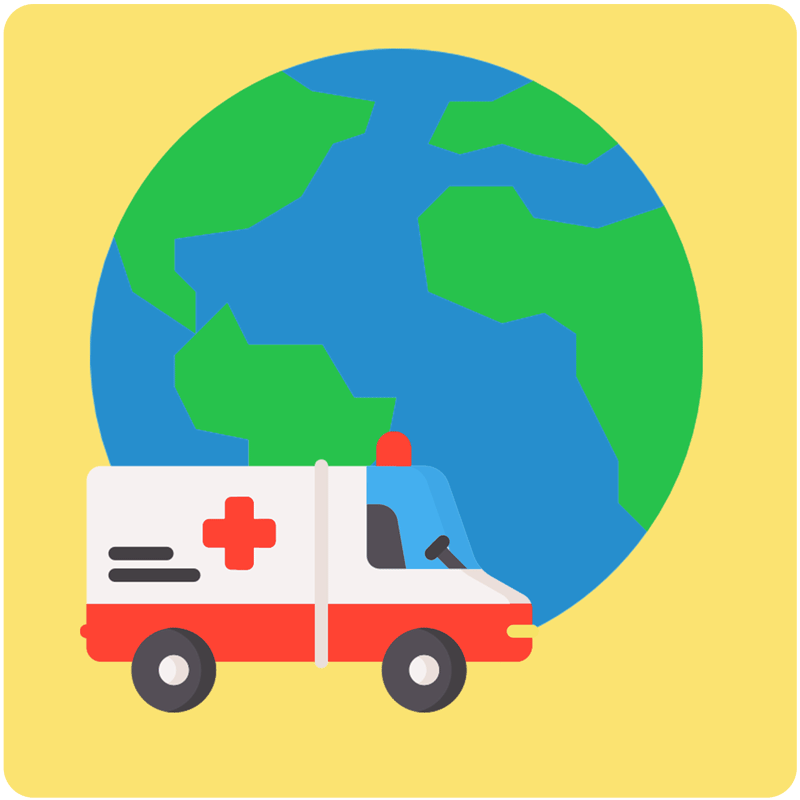July 30, 2020 COVID-19 has made 2020 feel like both the shortest and longest year ever, and if rising cases are any indication it’s not likely to let up anytime soon. You may have already expected our ‘new normal’ of mask-wearing, keeping a 6-foot distance, and HIPAA waivers to be here for the long haul, and the recent Department of Health and Human Services (HHS) extension of the National Public Health Emergency solidifies that notion. Just last week the HHS announced the renewal of the National Public Health Emergency and an extension of limited HIPAA waivers until October 23, 2020. This declaration means more than continued social distancing rules, and also extends the many other waivers and flexibilities issued by the HHS in the initial response to the pandemic. These waivers work to mitigate the risks to the health of the general public while assisting healthcare providers with the necessary accommodations to protect their practice and continue serving their patients. To give a recap on everything that’s been changed or updated in lieu of COVID-19: In addition to the specific waivers granted in response to the pandemic, practices should be aware of additional guidance covering the expansion of cyber security attacks in response to increased remote operations, reminders on restrictions of sharing patient information to the media, and proactively safeguarding against the recent rise in patient complaints due to COVID-19. As part of the recent extension of HIPAA waivers, the HHS has specified a 90-day period until waivers are expected to be lifted. Practice’s now have a clear timeframe of when they need to implement HIPAA compliant solutions for tools like telehealth which may currently be done using a non-compliant software. To prevent a HIPAA violation as these waivers end in October, it’s important that your practice proactively prepares by: While these HIPAA regulation flexibilities have been extended, they aren’t going to last forever. Keeping your practice one step ahead will make all the difference in your ability to avoid any HIPAA violations or fines as standard regulations take effect again. If HIPAA hasn’t been your number one priority over the past few months, you should start now and use this 90-day extension to ensure you have a complete compliance program in place, especially as 2020 continues to fly by.
How to Handle HIPAA in Public Health Emergencies
February 6, 2020 Wondering how your practice needs to handle HIPAA privacy when it comes to public health emergencies, like the recent Novel Coronavirus outbreak? Read the OCR’s tips below! As the Novel Coronavirus (2019-nCoV) outbreak continued to make news, the Office for Civil Rights (OCR) sent a recent bulletin out including additional information for how to handle PHI and how the HIPAA Privacy Rule should be applied with regard to public health emergencies such as this one. Even in public health emergencies, covered entities (as well as business associates) are still expected to adhere to HIPAA regulations and safeguard the security and privacy of their PHI consistent with HIPAA law. Here’s a few key takeaways from the OCR bulletin that your organization should remember: As a reminder, all PHI disclosures even in these circumstances should be limited to the minimum information necessary, including continuing to adhere to role-based access for internal employees. If a public health agency such as the CDC requests information, all requested information should be treated as the minimum necessary for the public health purpose.

